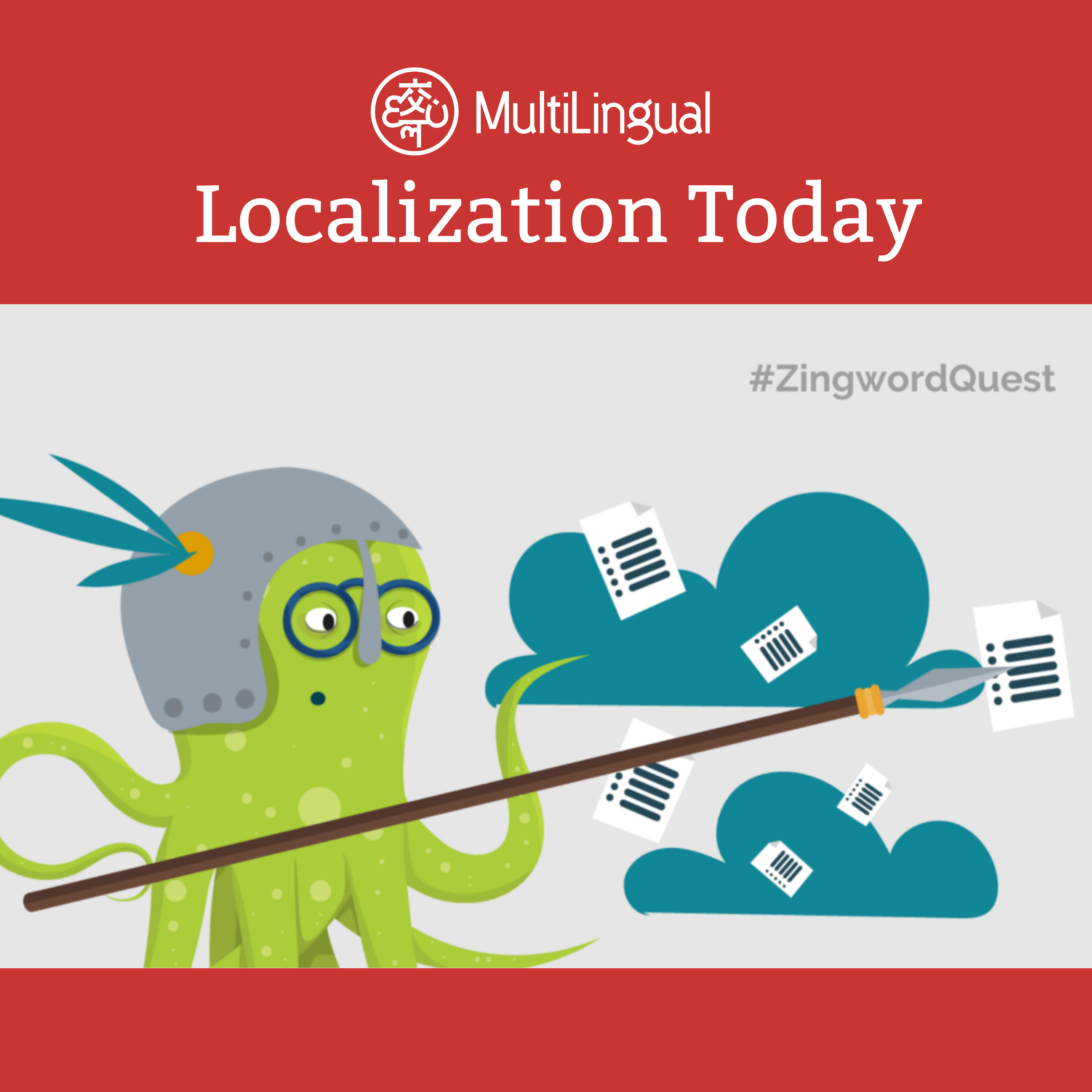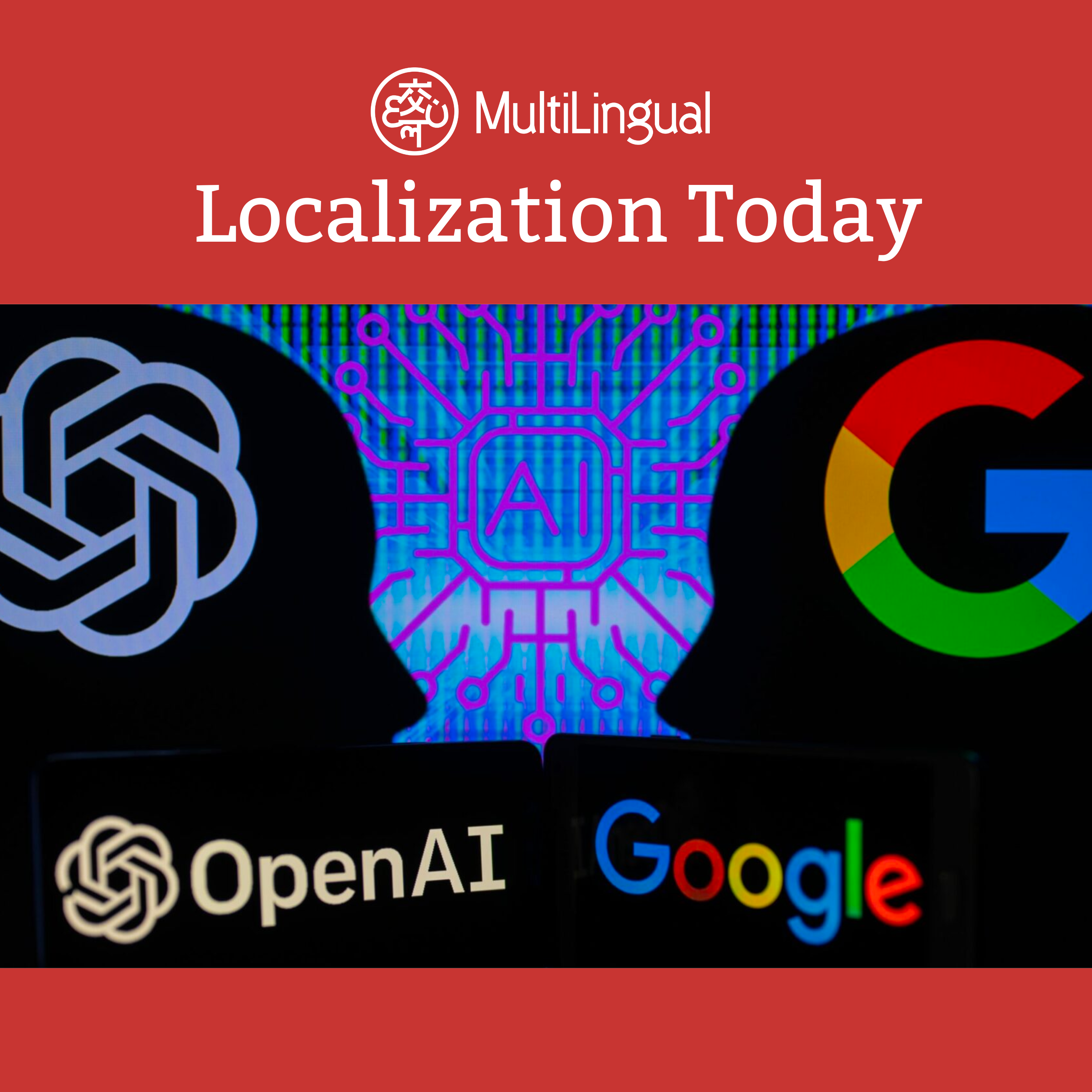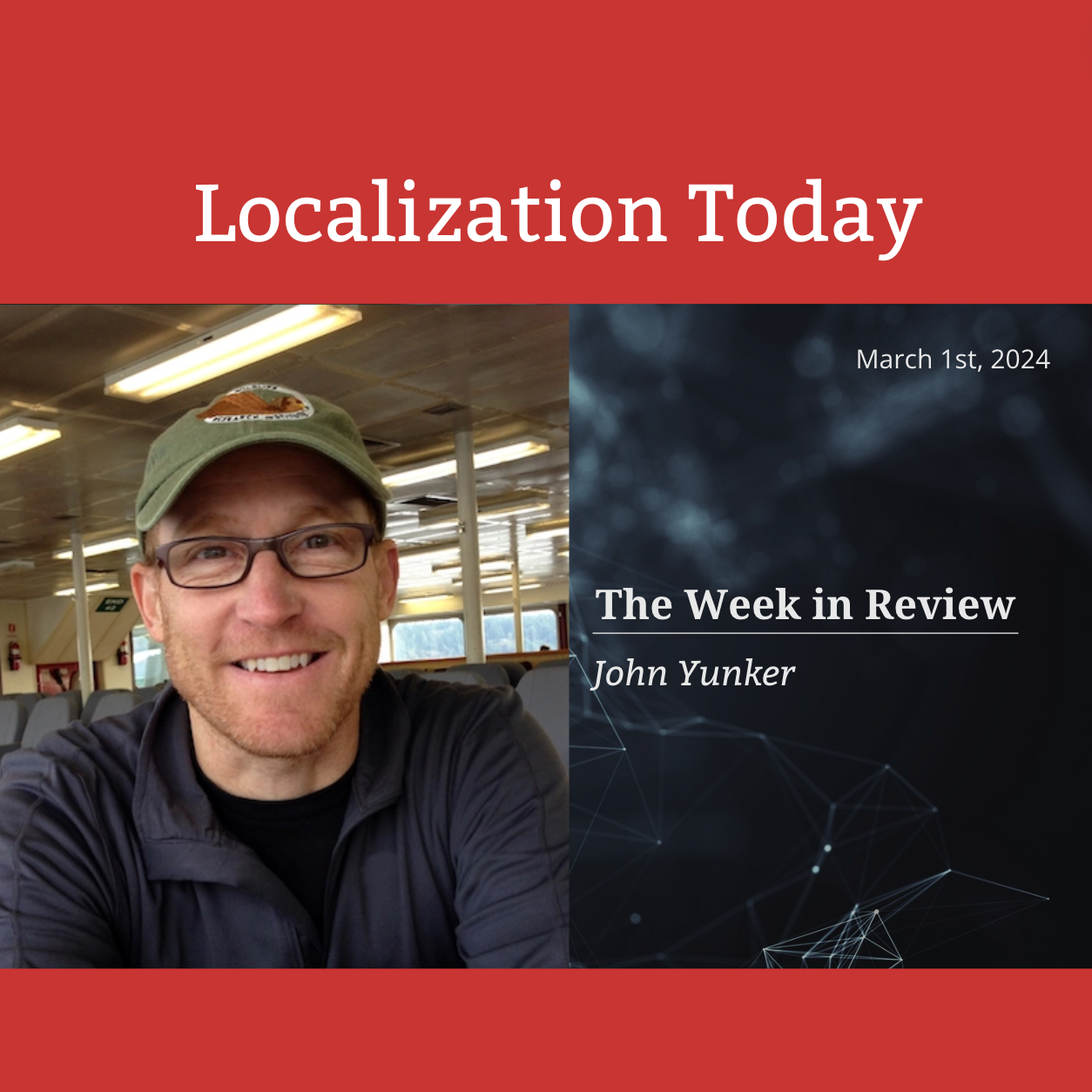Episode Transcript
[00:00:00] The Canadian Translation A Unique Model combining Technology and Quality By Dominique BOBOT Established in 1934, Canada's translation bureau plays the dual role of first translation customer and first national supplier for government content.
[00:00:20] As a special operating agency and a federal institution within the Public Services and Procurement Canada portfolio, it supports the government in its efforts to serve Canadian citizens in both official languages English and French, as well as Indigenous, foreign and sign languages.
[00:00:37] The Bureau offers translation services, revision editing, language advice, and closed captioning interpretation services, including parliamentary interpretation and terminology services customize glossaries and terminological recommendations to federal departments and agencies and to the Canadian Parliament.
[00:00:57] It plays a pivotal role in interpretation of major events such as the recent G7 leaders summit and visit from King Charles III.
[00:01:06] According to Jean Francois Lambert, Chief Executive Officer, CEO of the Bureau, the Bureau showcases its services and is more often than not entrusted by government departments with documents of public and strategic significance.
[00:01:20] In this way, the Bureau acts as a professional support service, even providing umbrella management, since more complex or high value documents, or even documents classified as secret are entrusted to it.
[00:01:33] The Bureau has access to the best data and the most advanced technology, which is a key asset in the provision of language services.
[00:01:41] The Bureau has a strong tradition of sharing its renowned tools and online resources with Canadian citizens and the international public.
[00:01:49] One highly valued resource is the Language Portal of Canada, which includes the Language Navigator search engine Term Registered database of over 4 million terms in English, French, Spanish and Portuguese, an Official Languages Hub registered tool which can simultaneously search a wide variety of official language resources.
[00:02:13] Over the decades, it has carved out a special place in Canada and worldwide linguistic landscapes.
[00:02:20] In the coming years, the Bureau aims to leverage artificial intelligence AI to streamline and automate routine tasks for public servants, freeing them to focus on more complex and critical work.
[00:02:32] This initiative will be enabled by the Bureau's extensive repository of validated bilingual texts, which is invaluable for training AI models to understand and generate accurate translations.
[00:02:45] Its first major AI project, mandated by the Treasury Board Secretariat, is creating a self serve Language Hub to be deployed across the whole government.
[00:02:55] The Bureau's Evolving Role the Bureau's positioning has become stronger within a technologically sovereign ecosystem, which could lead to a change in its mandate and business model.
[00:03:07] Currently, federal departments and agencies can choose their supplier and procure their language services from the Bureau or the private sector, but under the new ecosystem, could the Bureau become a mandatory service provider? Limburner says that the organization is experiencing a profound transformation.
[00:03:26] The future may well see a shift from translating 10 pages of source language text into 10 pages of target language text to a more flexible model.
[00:03:36] The Bureau could offer various levels of service, from the minimal and ultra fast with no compromise on quality, to the complex document translated and submitted to one or more reviews in accordance with more rigorous protocols open to culture change, rebranding and marketing. Limburner's vision is to help the Bureau assume its rightful place.
[00:03:57] The Bureau is part of a chain of many other partners the Canadian market, language service providers, universities, training the next generation of professional translators, employers, technology suppliers and researchers.
[00:04:12] We share a collective responsibility to maintain human expertise combined with well thought out, responsible technology.
[00:04:20] The Bureau is surrounded by opportunities it strives to emerge from the heavy handed, outdated administrative model to combine the speed of AI with the finesse of human language expertise. We offer peace of mind to the entire Canadian government structure, says Limburner.
[00:04:37] In a context where AI itself generates language, our role can only expand. This article was written by Dominique Bobot, a language consultant and translation strategist at Nimzi Insights, a market research and consulting company that specializes in language and localization.
[00:04:55] She is recognized for her expertise in the Canadian and Quebec markets. Originally published in Multilingual Magazine issue 241, 6-20-25.


